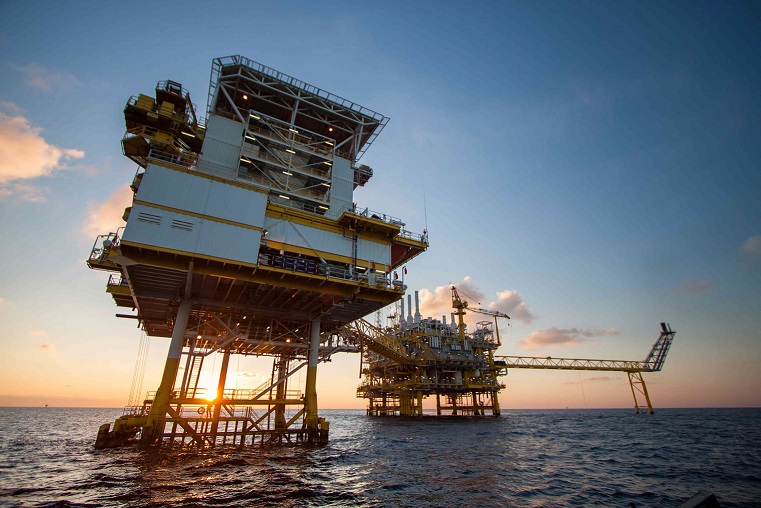The continent’s oil sector has experienced deep-reaching changes. There was not only a drop in exploration budgets, but also a disappearance or sale of weakened companies, the reorganization or pullback of the traditional oil majors, the establishment of new companies and the arrival of state-owned companies attracted by the crisis-induced windfall effects. Yet, the crisis has not redefined the geography of African production, whose key players are and will continue to be, at least in terms of reserves, Nigeria, Angola, Algeria and Libya.
But even faced with these circumstances, new zones have emerged, in particular due to the risks taken by junior players backed by powerful investment funds that have had faith in the potential of geologists and technical teams formerly employed by the big companies. This is first of all the case in East Africa, for oil, in Uganda and Kenya, along with gas, with Tanzania and Mozambique. Other very significant oil and gas discoveries, which have been made in a new basin located between Mauritania and Guinea, are contributing to this development.
However, there is still no single African model, meaning that each company has followed its own path in making decisions about acquisition and exploration. Whereas traditional players, such as the Western majors ENI and Total, have continued to invest on this continent that plays a central role in their global production and strategy, some big companies, such as ConocoPhillips, have quite simply left the field, while others, such as BP and ExxonMobil, have made new high-risk acquisitions.
On the other hand, large Asian state-owned companies, particularly Chinese ones, have tended to stagnate in areas of investments in exploration and production (concerning CNPC and Sinopec in particular), while others, such as the Indonesian PERTAMINA or India’s ONGC, have significantly bolstered their presence.
The disengagement of the traditional banks affected by the financial crisis, which took place in 2008, has led to a dearth of available funds for the oil sector in Africa, a situation exacerbated since 2015 as prices have fallen. This means that private and state-owned oil companies in Africa had to diversify their sources of funding. Like Glencore in Chad, traders have begun giving loans to the extractive sector, and Chinese banks are also lending more, including for projects where Chinese players are not involved. The African banks, chiefly Nigerian and South African, are also playing more important roles nowadays.
The crisis has also encouraged more cooperation among different types of oil companies. For example, a junior company such as Tullow Oil has begun to work with a major Western company, Total, and a major Chinese state-owned company, CNOOC, in developing resources it discovered in Uganda. These types of cooperation and risk-sharing increased during the crisis, as fewer licenses and projects are being developed by a single player today.
Finally, the crisis stimulated the arrival of service companies, which were hit hard by the drop in contracts and the pressure on prices from operators and have invested in production. By taking on the risks themselves, these service companies ensure that their competency and knowledge are utilized while they also seek to protect their economic model, thus becoming decision-makers in oil development.
Oil Exploration and Production in Africa Since 2014: Evolution of the Key Players and Their Strategies – Policy Paper by Benjamin Auge – Institut français des relations internationales / IFRI.
(The Policy Paper can be downloaded here)




